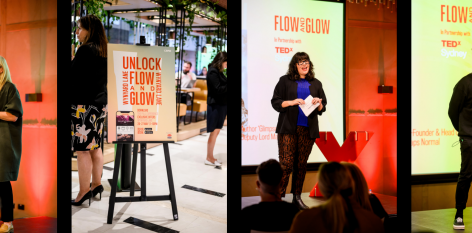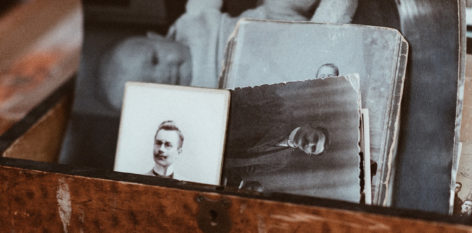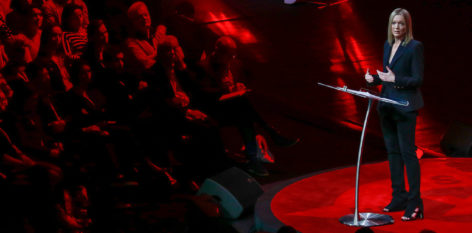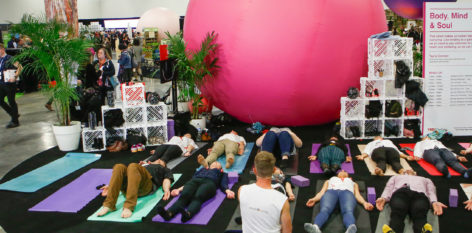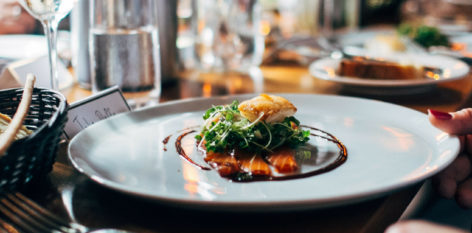“I’ve learned that people will forget what you said, people will forget what you did, but people will never forget how you made them feel.” Maya Angelou
A brilliant quote, reminding us that how we interact with others on a daily basis is far more important that what we do. Regardless of your place in this wide world, whether you’re a billionaire business owner or just managing to make ends meet, how you treat others is one of the defining features of kindness.
Affection, gentleness, warmth, concern – these are all words that are associated with kindness. While kindness can have a connotation of meaning someone is a softer personality type, that is not the case. Being kind often requires courage and strength. Kindness is a valuable interpersonal skill, but most importantly, kindness involves choice.
Kindness involves choice because there are many alternatives to kindness that will tempt us through life — including, of course, apathy and anger. Circumstances may test us. People may try us. News may trouble us. Yet, despite these obstacles, we each have the beautiful ability to actively choose to be kind.
Right. So, now we’ve got that sorted, why is kindness important? In times of adversity, sometimes all that’s needed is for someone to tell you that everything is going to be okay; sometimes simply a gentle word of an act of service for another person (with no catches or cost) can make all the difference. Emergency physician and author on kindness, Brian Goldman, sums up the physiological elements of kindness perfectly:
“When you’re unkind, your blood pressure and heart rate go up, and it’s actually emotionally taxing to be unkind. Most of us don’t realize that. We act like kindness is a precious supply of a non-renewable resource, but it is a completely renewable resource. Act kinder and people will act kinder in return. They’ll pay it forward to others and the world will be a kinder place and things will work better. It doesn’t mean bureaucracies will stop being bureaucracies, or that snafus won’t happen, but people will feel better about themselves.”
Science has now shown that devoting resources to others, rather than having more and more for yourself, brings about lasting well-being. Kindness has been found by researchers to be the most important predictor of satisfaction and stability in a marriage. Many universities are now emphasising acts of kindness and social involvement on applications for admission.
There are many different ways to practice kindness. One way to be kind is to open your eyes and be active when you see people in need. Do you notice when people could use a helping hand? A sense of community is created when people are kind to those who need help. But the story doesn’t end there. In addition to being a mood booster, research has also shown that being in a good mood can make you more kind. This makes it a wonderful positive feedback circuit that just keeps on giving.
Finally, kindness includes being kind to yourself. Do you treat yourself kindly? Do you speak gently and kindly to and about yourself and take good care of yourself?
If we can learn to give our full attention to how we treat ourselves and others, perhaps we will find that the outcomes we so clearly seek are less important than the road we travel along the way.


